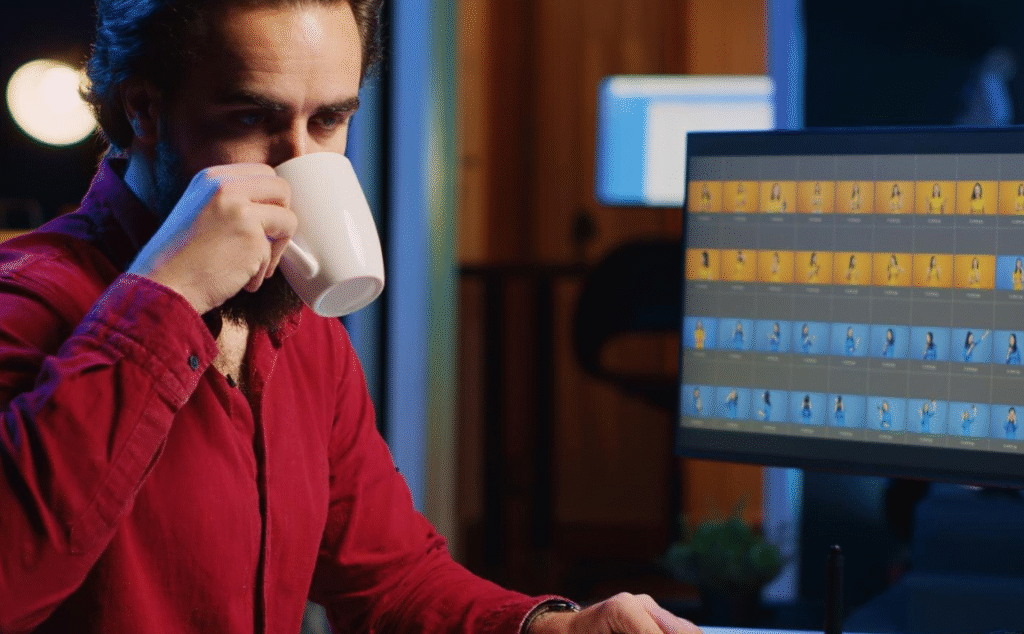Imagine unlocking your phone or logging into your bank account not with a password, fingerprint, or face scan — but with your DNA. It sounds like science fiction, but advances in biotechnology and data science are bringing us closer to a future where our genetic code becomes a key to digital identity.
DNA as the Ultimate Biometric
Traditional biometrics — fingerprints, iris scans, voice recognition — all have limits. They can be forged, stolen, or copied. DNA, however, is unique to each individual and extremely difficult to fake. With billions of base pairs, it offers a nearly unbreakable identity signature.
Scientists and technologists are exploring ways to integrate DNA authentication into cybersecurity, creating an identity system that is both highly secure and inherently personal.
How Could DNA Authentication Work?
The process would involve:
- Collecting a tiny biological sample — a cheek swab or skin cell
- Sequencing or analyzing specific genetic markers
- Matching the DNA profile against a secure database
- Granting access only if there’s a genetic match
This could replace passwords or multi-factor authentication with something embedded in your very biology.
The Promise: Security and Convenience
With DNA authentication:
- Passwords become obsolete — no more forgotten or hacked credentials
- Identity theft becomes nearly impossible — your DNA can’t be copied like a password
- Biometric security reaches new heights of precision
Imagine secure vaults, medical records, or government services unlocked only by your DNA, ensuring that you and only you gain access.
The Privacy Paradox
But with great power comes great responsibility — and profound ethical questions.
DNA contains far more than identity information; it reveals:
- Genetic predispositions to diseases
- Family relationships
- Ancestry and ethnic background
Who controls this data? How is it stored? Could your DNA be misused by insurers, employers, or governments?
The stakes are high — a DNA breach would be irreversible and deeply personal.
Challenges to Overcome
- Technical hurdles: Sequencing DNA quickly and affordably at the point of access
- Data security: Protecting DNA databases from hackers and leaks
- Consent and ownership: Ensuring users control how their genetic data is used
- Ethical frameworks: Creating laws that prevent genetic discrimination
Developing DNA authentication demands collaboration across science, law, and technology.
A Glimpse Into the Near Future
Several pilot projects are already exploring DNA-based security in healthcare and border control. While it won’t replace your smartphone password tomorrow, the groundwork is being laid.
Soon, your DNA could become your ultimate digital passport — the key to not just devices, but your health data, finances, and even your digital reputation.
Conclusion: Identity at the Molecular Level
As our lives become increasingly digitized, securing identity grows ever more critical. DNA offers a powerful, unique solution — but also a Pandora’s box of privacy and ethical dilemmas.
When your DNA signs in, it’s not just you accessing a system. It’s your biology stepping into the digital world — a step forward in security, and a leap into uncharted territory.
Are we ready for this molecular identity revolution?


